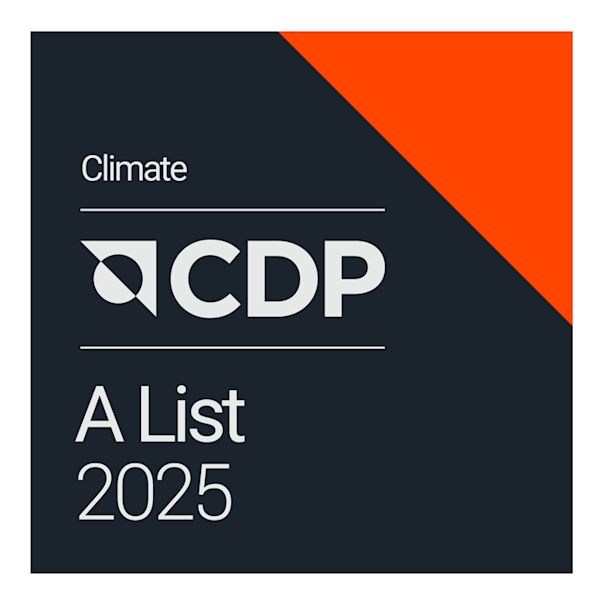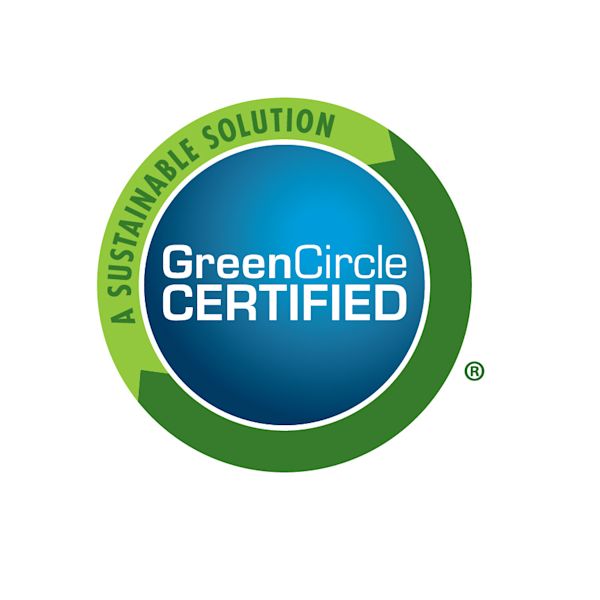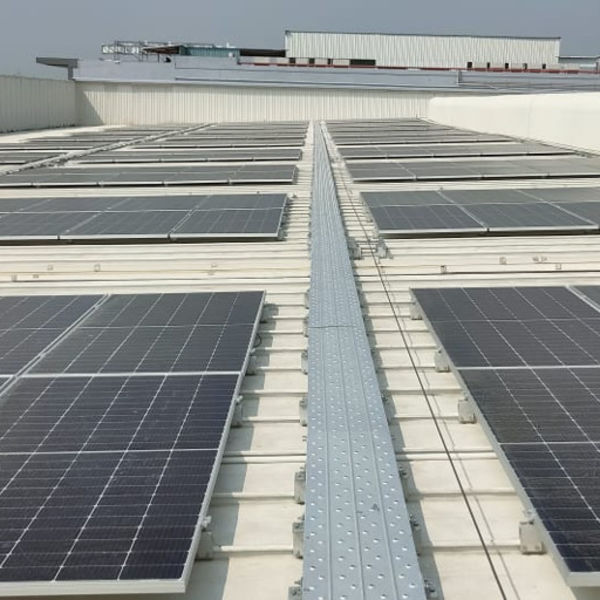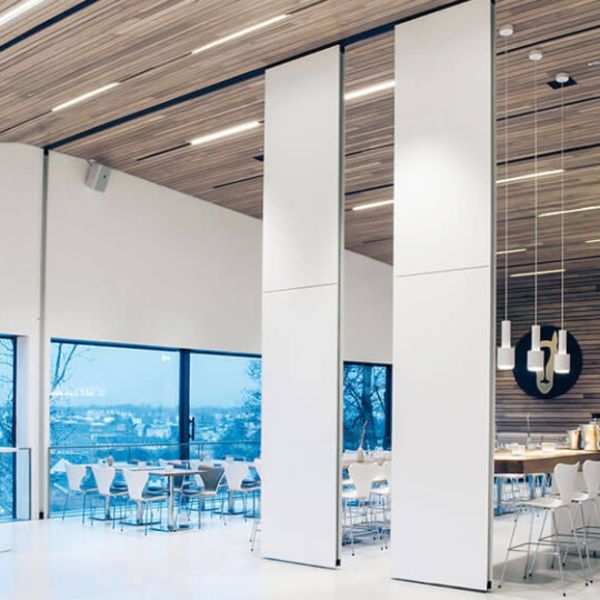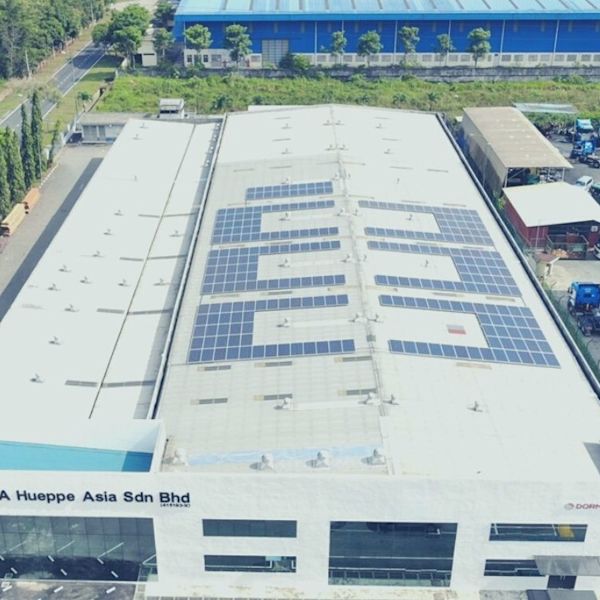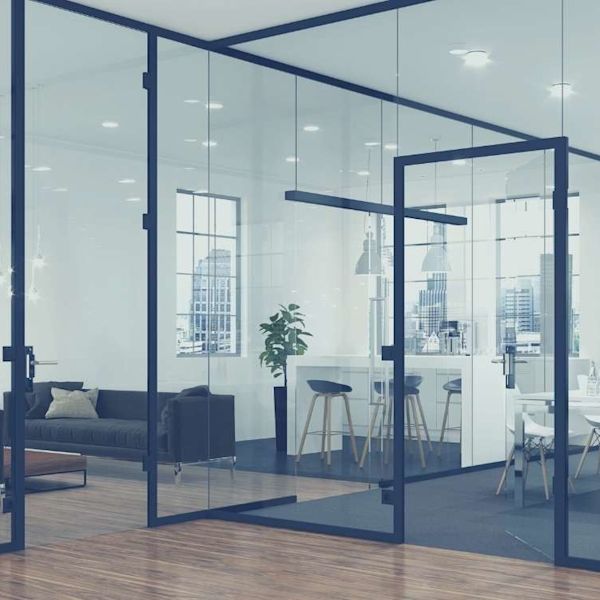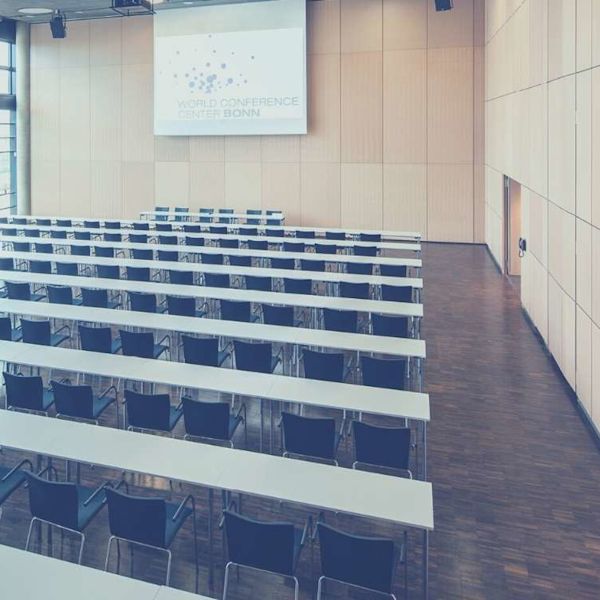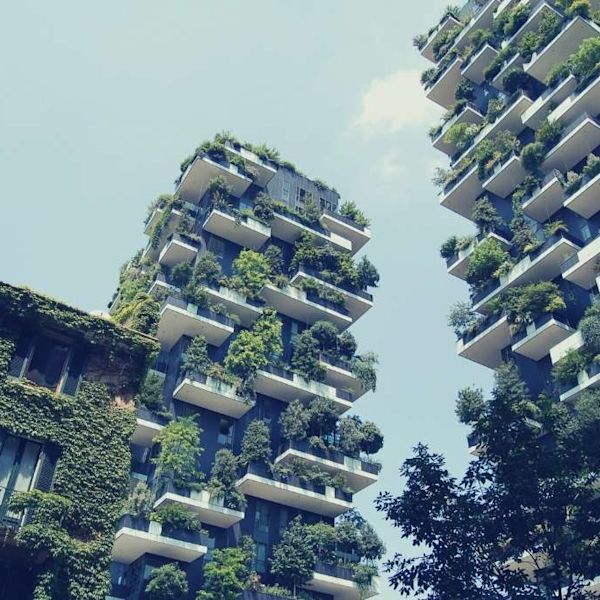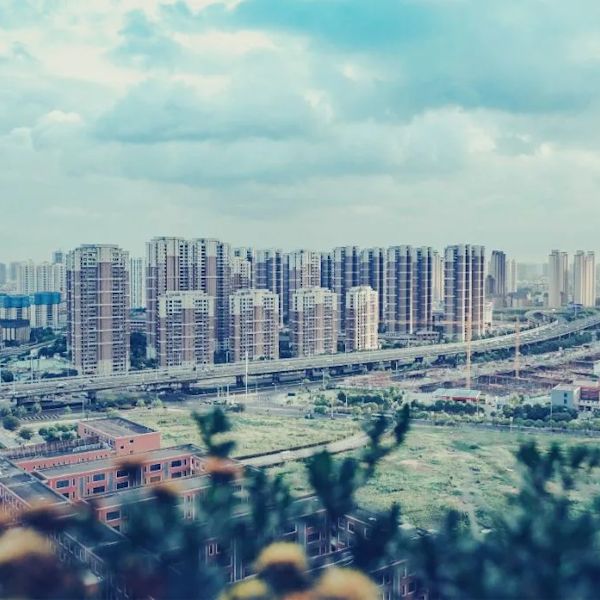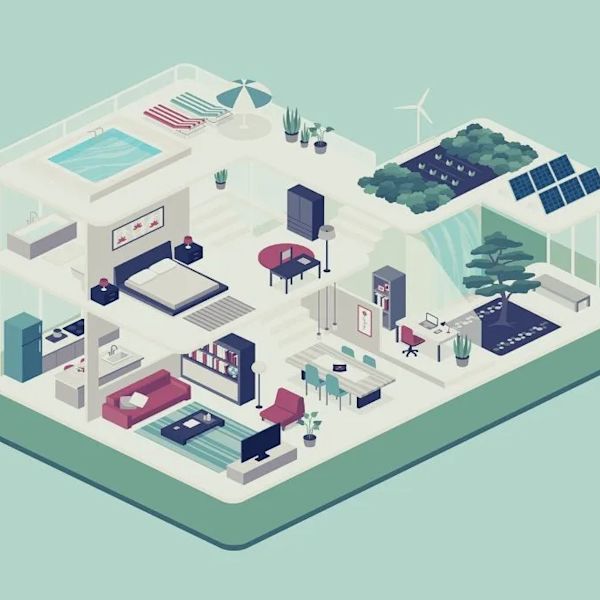We open the doors wide to a low-carbon and circular economy
Acting in line with climate science
Every business, government and individual has a role to play in meeting the goals of the Paris Agreement to limit global warming to 1.5 degrees Celsius. We understand the risks posed by climate change, and we are demonstrating leadership in the transition to a low-carbon economy within the industry and beyond.
We are the first in the building industry to have validated targets by the Science Based Targets initiative (SBTi). Our target is to reduce the absolute Scope 1+2 greenhouse gas emissions by 42% until 2030. To achieve this, we have set Must-Have initiatives along six levers (energy efficiency initiatives, on-site production of solar power, purchase of green energy, electrifying our fleet, improving vehicle fuel economy and reducing heating fuels). Learn more about our climate transition plan here. Feedback is welcome anytime to sustainability@dormakaba.com.
In line with our SBTi target for scope 3 emissions, we also take steps to reduce value chain emissions by purchasing more goods with higher recycled content and by improving the energy efficiency of our products. Lastly, we offer durable and energy efficient products that help our customers achieve their own sustainability goals.
Transition towards a circular economy
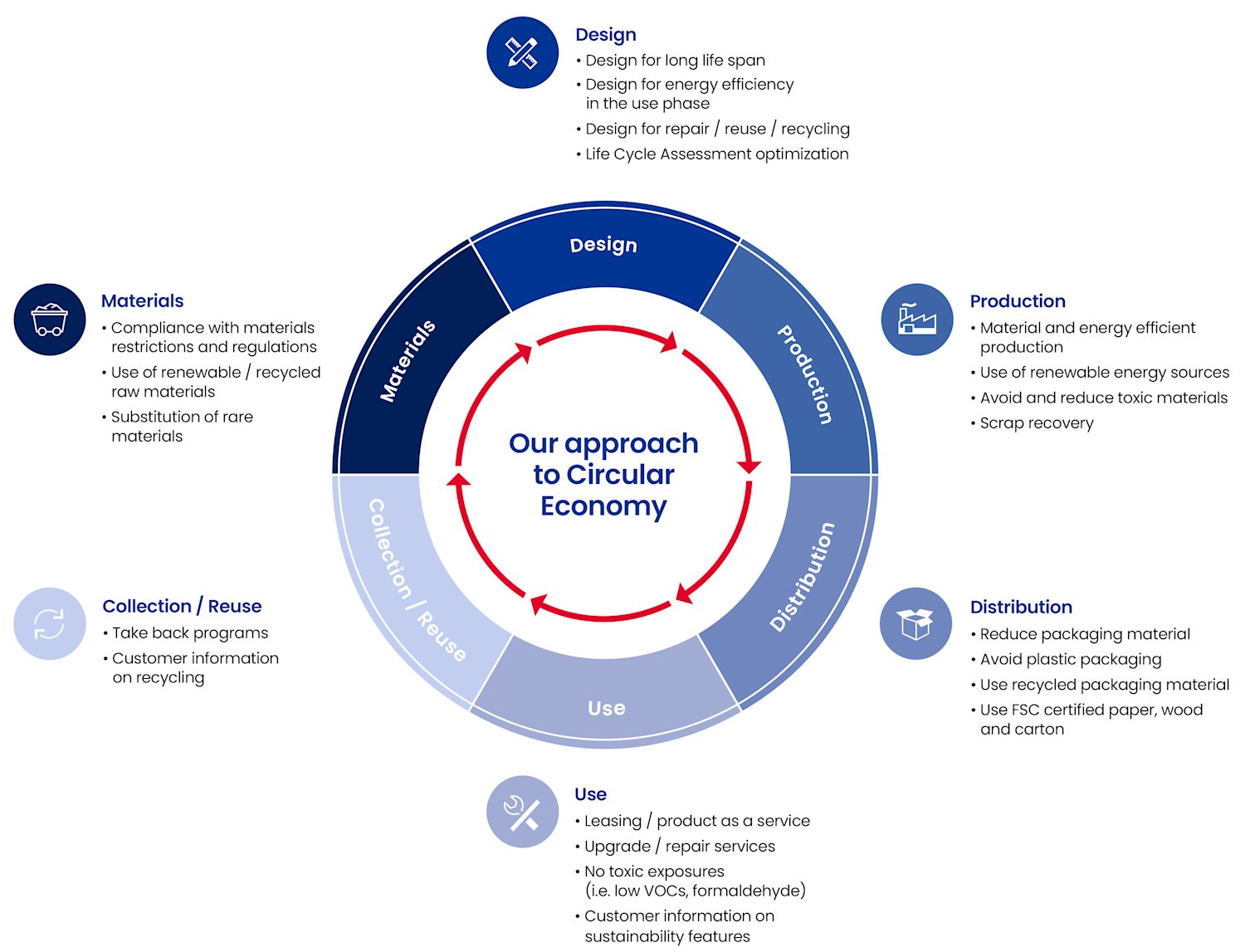
Our aim is to accelerate circular solutions to continue to develop high-quality products that meet the needs of a sustainable built environment and to contribute to our customers’ own sustainability goals. Thereby, we enable our customers worldwide to sustainably create value throughout the life cycle of every place that matters.
About 80% of the environmental impact of a product is predetermined in the design phase. Therefore, it is key to integrate sustainability criteria already during the design phase of product developments. This is why all new product developments and optimizations at dormakaba are covered by our circularity approach.
Consumer safe & environmentally friendly materials
Choosing materials that are both consumer safe and environmentally friendly is a priority for us. When it comes to optimizing our choice of materials, we focus on complying with international material requirements, developing environment- and health-related product declarations and utilizing the life-cycle approach whenever possible.
The most commonly used non-renewable raw materials in our manufacturing processes include metals such as steel, brass, aluminum, nickel silver and zinc, as well as gypsum board, glass and plastics. Other important materials are wood, paper and cardboard which are made from renewable resources.
Material compliance
We support our customers with information to be compliant to European Material Compliance regulations regarding Substances of Very High Concern - such as REACH, RoHS and the EU Waste Framework Directive (via dossiers on the European Chemicals Agency’s SCIP database).
Contact
For any inquiries regarding sustainability at dormakaba, please contact us.

Stephanie Ossenbach-Keller
Group Sustainability Officer
